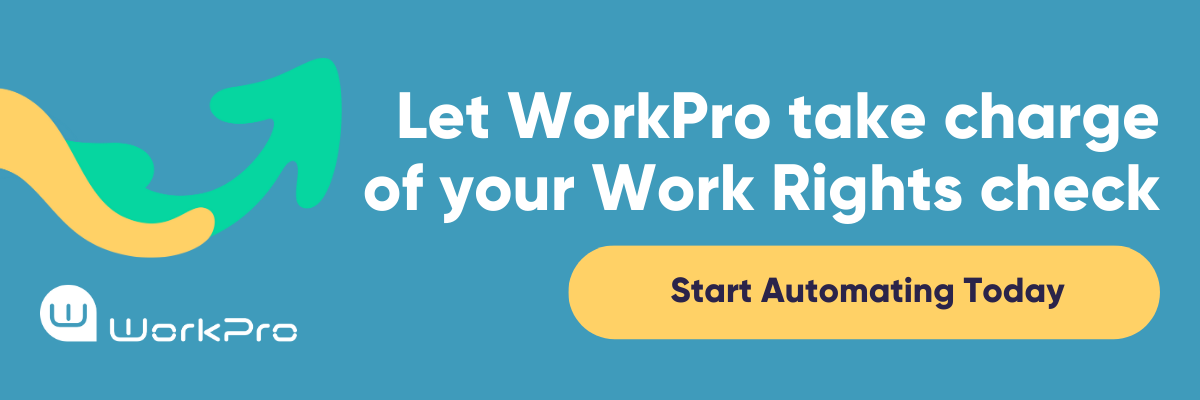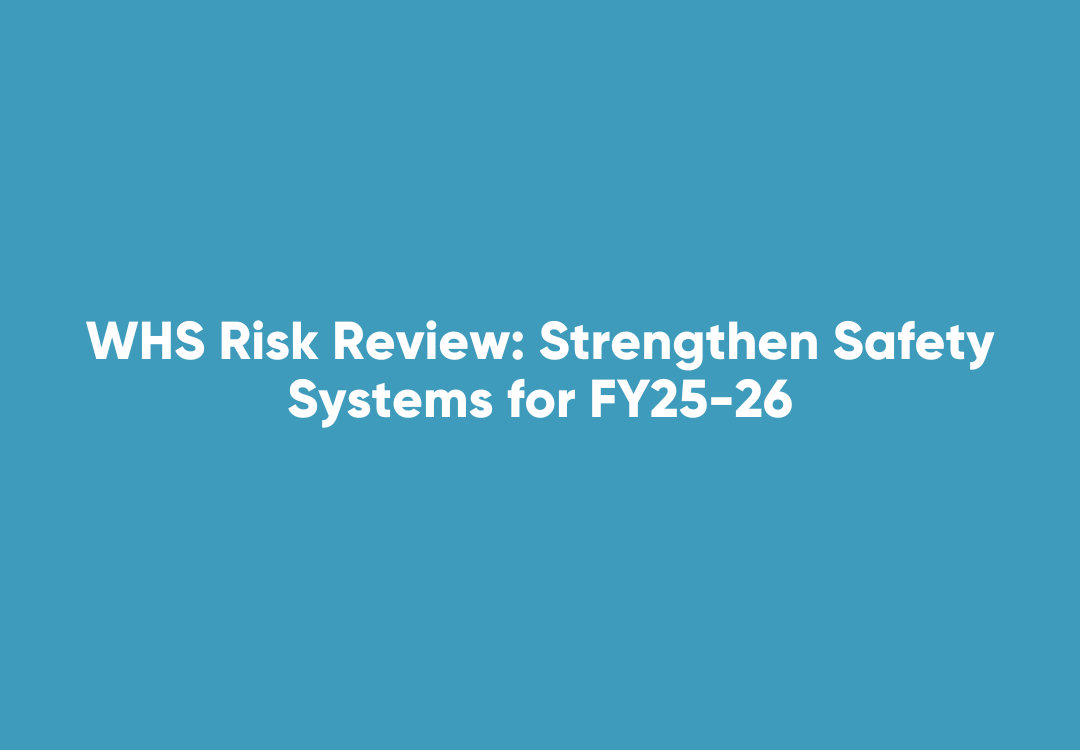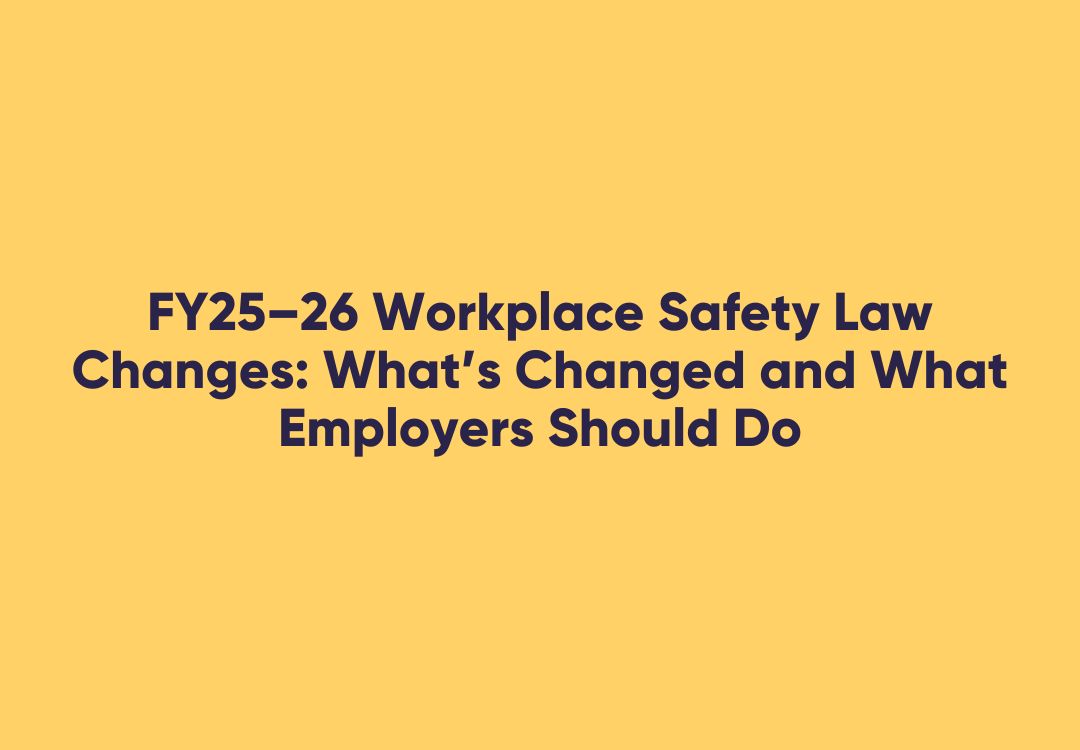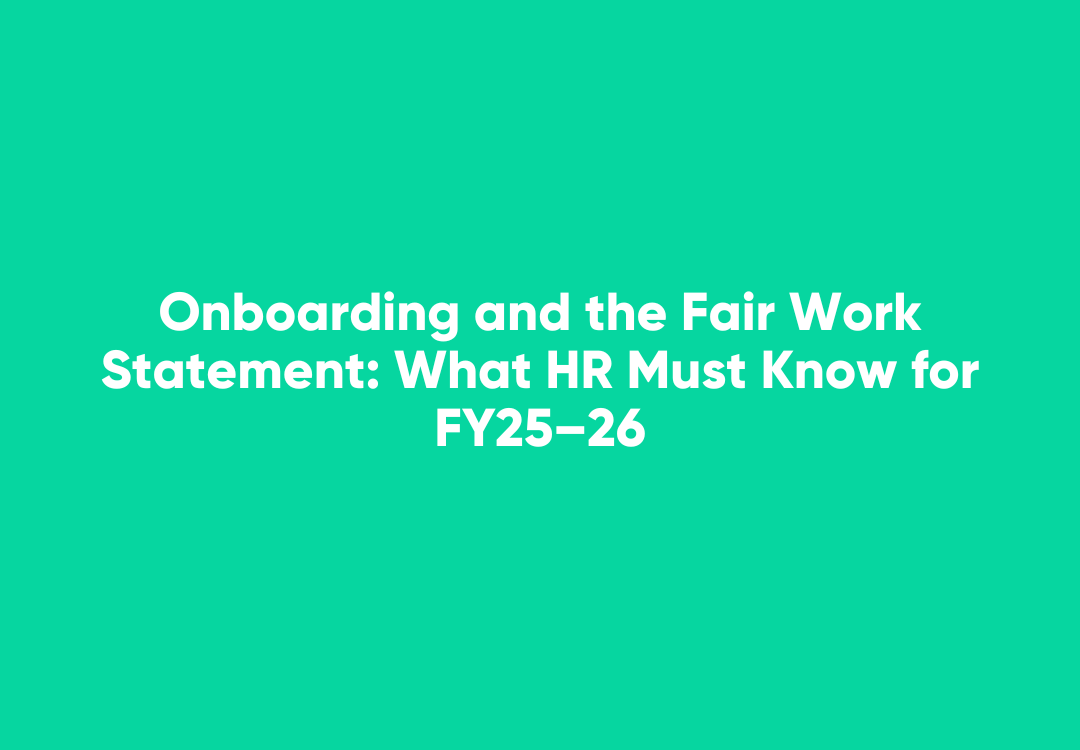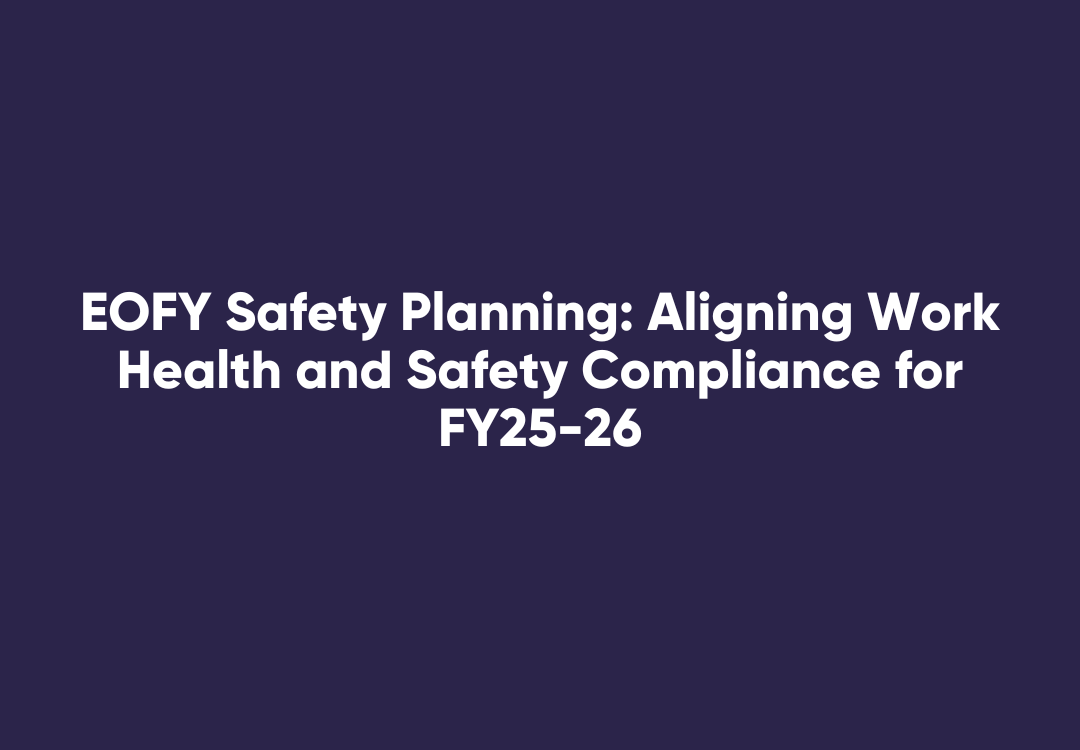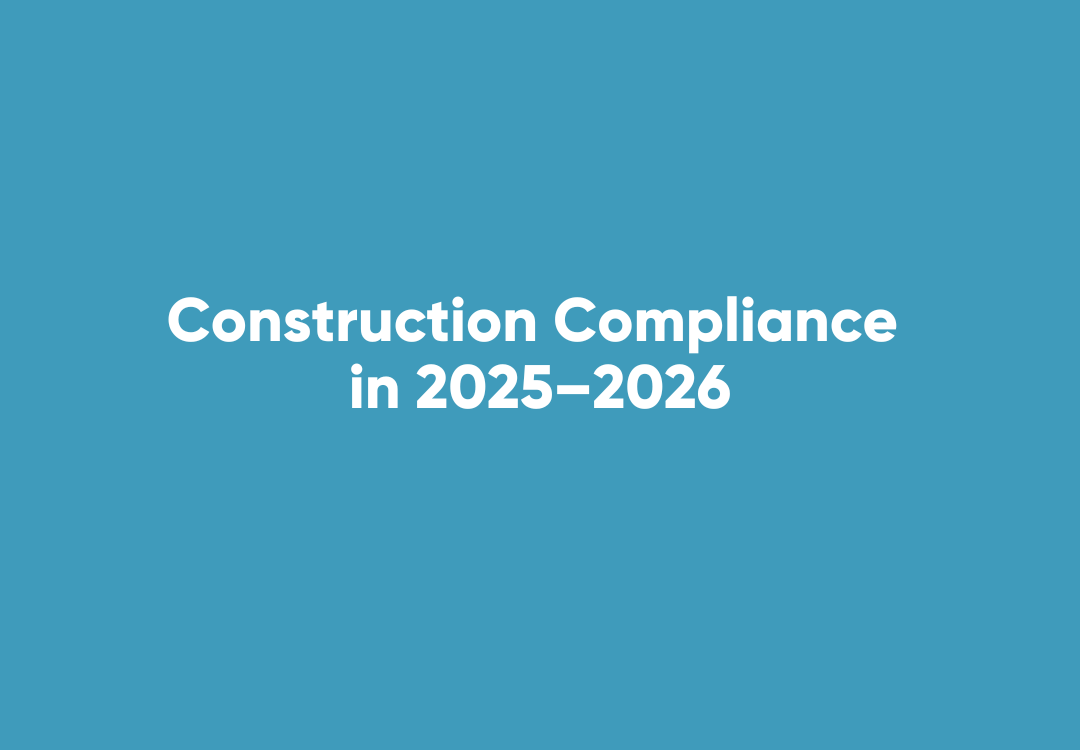The Latest Compliance & Legislation Updates
It can be hard to keep up to date with evolving compliance regulations and it’s easy to miss details if there are simultaneous updates. To assist in keeping you up to date with the information that you need, here’s a summary of some of the most recent compliance updates.
Respect@Work Legislation
The Respect@Work Act legislation was passed by the Australian government in November 2022. The Act strengthens the legal and regulatory frameworks relating to sex discrimination and shifts the system to focus more on preventative efforts to eliminate sexual harassment in Australian workplaces.
On March 6th, the Fair Work Act enforced a ban on Sexual Harassment in the Workplace. Under the new laws, employers need to take positive and proactive steps to prevent sexual harassment in the workplace. This means business need to implement education, policies and procedures that make it clear that such behaviour is not acceptable and ensuring that all employees understand their rights and responsibilities as it relates to sexual harassment.
Further reading, support and resources can be found here: Respect@Work.
WorkPro can help through the provision of two key learning modules - Anti-Discrimination, Harassment and Bullying module, and, for businesses that on-hire staff, our fundamental learning module – Safety and discrimination, Harassment and Bullying.
Including a competency-assessment and compliance certificate, the modules will ensure your employers are armed with practical information and a strong, transparent audit trail.
Update to WorkPro eLearning Modules
We are currently working with our content writers to update specific eLearning modules as part of a scheduled review program. The following modules will be updated by the end of April, early May 2023:
- Elder Abuse
- Safety in Manufacturing
- Office Safety
- Stores Worker Safety
Family & Domestic Violence Legislation
Updated regulations for Paid Family & Domestic Violence leave started to come into effect on 1st February 2023.
WorkPro hosted a webinar with Lawyer and subject matter expert Georgie Chapman to outline the finer details of these updates and provide guidance on how businesses can approach this important topic. You can access the webinar here.
WorkPro has also published an eBook to serve as a comprehensive resource for you and your network.
This eBook includes:
- About The Regulation & Leave Entitlement
- Evidence Documentation
- Record Keeping & Confidentiality
- Flexible Working Arrangements
- Work Health & Safety Considerations
- Practical Strategies
Updates to Student Visas and Working Holiday Maker Visa by Australian Department of Home Affairs
From 1 July 2023, work restrictions for student visa holders and holiday maker visa will be re-introduced. Student visa work restrictions were relaxed throughout the pandemic, and completely removed in January 2022 to allow primary and secondary student visa holders to work over their normal limit of 40 hours per fortnight to address workforce shortages.
From 1 July 2023, work restrictions for student visa holders will be re-introduced and capped at the increased rate of 48 hours per fortnight.
Until 30 June 2023, working holiday makers working in any sector anywhere in Australia are able to continue to work for the same employer or organisation for longer than six months without requesting permission
WorkPro’s citizenship and work rights check function will automatically update in line with the change on 1st July 2023.
Proposed Updates to Privacy Act
The Australian Attorney-General's Department released its review of the Privacy Act 1988 recently, including 116 recommendations.
The proposed reforms are aimed at strengthening the protection of personal information and the control individuals have over their information. The potential reforms cover a wide range of issues, from proposing the abolishment of the small business exemption (but only after several conditions), implementing new limits on targeted advertising — particularly ads aimed at children — and including a suite of individual privacy rights, such as the "right of erasure," deindexing search results with sensitive or inaccurate information.
Timeframes are yet to be determined, but it is likely to be sometime during 2023 or 2024.



